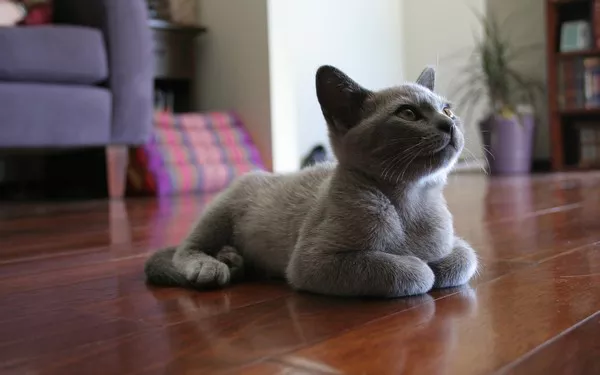The Cat Protection Society of Victoria (CPSV) has initiated a campaign calling for mandatory cat desexing across all local councils in Victoria, aiming to address the growing issue of overpopulation and reduce the burden on shelters.
Named the ‘Fix the Future’ campaign, it seeks public backing through donations and a petition that advocates for compulsory desexing in all of Victoria’s councils. At present, only nine councils in the state mandate desexing, a stark contrast to Tasmania, South Australia, Western Australia, and the ACT, where desexing is required by law.
In 2024, CPSV successfully desexed over 2,440 cats and kittens, including nearly 1,300 females. The organisation plans to expand this effort in 2025, aiming to desex an additional 1,250 cats to prevent the birth of up to 18 million kittens. To support this goal, CPSV is seeking $100,000 in funding, with each desexing procedure costing at least $80.
Rachel Bitzilis, the Marketing, Communications, and Fundraising Manager at CPSV, shared the urgent need for action as shelters in Victoria face overwhelming numbers of kittens. “We are fortunate to have had the capacity and resources to provide kittens with the care they need. However, this isn’t the case for everyone. The heartbreaking reality is that some of these kittens are euthanized simply because there is no other option,” Bitzilis explained.
Bitzilis also recounted the story of Trevor, a six-week-old kitten abandoned at the shelter in 2024. “He was cold, hungry, and in a terrible state with injuries. Despite a terrible start to life, Trevor not only survived but thrived under our care, where he was able to find a foster home and blossom into a playful, cheeky kitten,” she said.
In another heartbreaking case, a community member found an abandoned cat, Mariah, who was caring for her kitten while pregnant again. Unfortunately, the full shelter was unable to take her in. “Barely an adult herself, Mariah was caring for a three-month-old kitten while already pregnant again, which is a heartbreaking reminder of how fast cats can reproduce,” Bitzilis said.
Cats can start breeding as early as four months, but many remain undesexed, resulting in unplanned litters. CPSV supports the Victorian Government’s Cat Management Strategy but stresses that more immediate action is necessary. Bitzilis emphasized that stronger measures are needed to ensure widespread desexing policies across the state.
“With cat overpopulation continuing to grow, stronger measures must be introduced to ensure widespread and effective desexing policies across the state. By signing our Desex to Protect: A Council Call to Action Campaign, Victorians are adding their voice to a powerful movement pushing for change,” Bitzilis said.
She also encouraged donations to CPSV, assuring that every contribution would go directly towards funding desexing procedures to help prevent further suffering.
“With the support of Victorian cat lovers, we can ensure that every cat, like Trevor and Mariah, receives the care they deserve,” she concluded.
Related Topics























